Asexuality has always existed, says Yasmin Benoit, but in recent years, it has gained focus in public debates. In this conversation, Yasmin explores what it means to be asexual. We talk about epistemic injustice, the male gaze, labels, and essentialism.
You can see Yasmin Benoit live, debating 'Singles, Sex and Society' alongside Aline Laurent-Mayard and Edward Davies at the upcoming HowTheLightGetsIn Festival, on May 24th-27th. Check out the incredible line-up of speakers and festival programme here.
You have risen to fame with your work for the LGBTQIA+ community and with Stonewall, Pride. You work with many people in the asexual community alongside being asexual and aromantic yourself. What does it mean to be asexual, and how has your involvement in the community informed your understanding of asexuality? How do people in the community define ‘asexuality’ as a label, and do you think this label changes when it reaches people outside of the community?
I have always used the most general and widely accepted definition, which is experiencing little to no sexual attraction towards anyone, regardless of their gender. In my involvement with the LGBTQAI+ community, I have been able to explore how this fits within the spectrum and how romantic orientation also fits within that.
In terms of how our society understands sexuality, there is no distinction between sexual and romantic orientation and attraction. This was also my initial understanding. However, it was only when I began interacting with the community that I understood the difference between the two. Earlier, I did not see the need to use two separate terms for this; I assumed that every asexual person was also aromantic. Later, after meeting other members of the community, I realized the distinction between them. One of the first asexual individuals I met was in a homoromantic relationship, which made me understand that asexuality within the community is more complexly understood compared to the definition across society. There is then an interesting interplay between what the community understands and defines and what filters society-wide.
___
At that time, it didn't feel like a space where I belonged, as a black woman. All I saw were pink-haired white teenagers, which left me feeling like this label or category wasn't meant for me.
___
I have had a complicated relationship with the term "asexual" for a long time. Between the ages of 14 and my involvement in activism, there was a 10-year period during which I struggled with identifying as asexual. One of the reasons for this was due to the representation of asexuality. At that time, it didn't feel like a space where I belonged, as a black woman. All I saw were pink-haired white teenagers, which left me feeling like this label or category wasn't meant for me.
As a black woman, identifying as asexual is not easy due to the historical over-sexualization and objectification of black women. Even when I tried to come out in school, people didn't believe me, which made it even harder. I faced a lot of backlash at a young age, so I kept quiet about my asexuality for many years. For me, it's not so much about embracing the label itself as it is about convincing others that it's accurate. I am a black woman who identifies as asexual.
Given your experience, then, do you think labels limit or empower us? Or do you think this can, in some ways, limit the fluidity of experience, too?







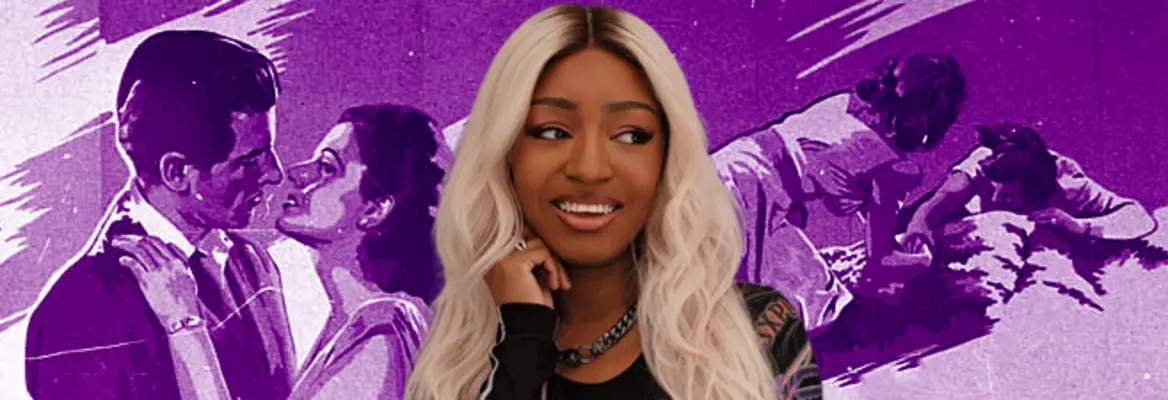

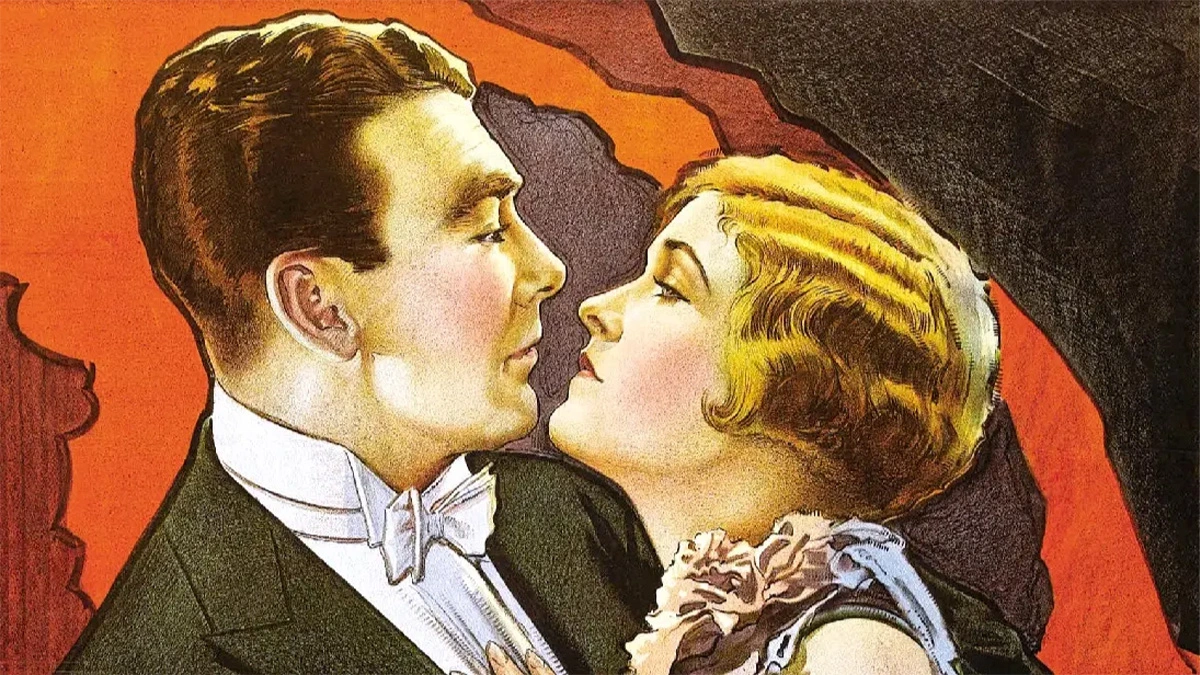

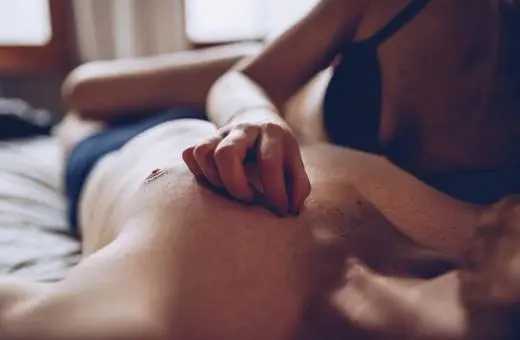
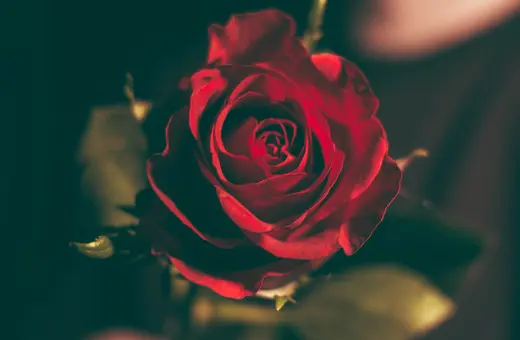
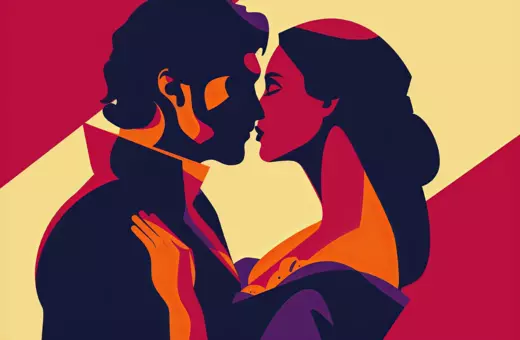
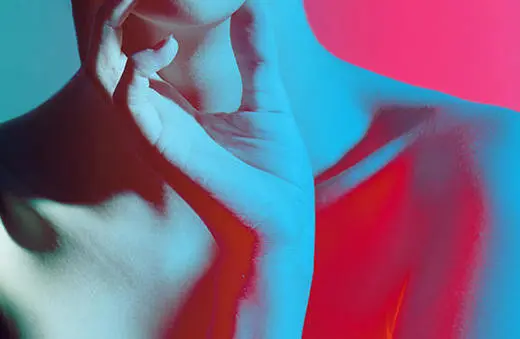
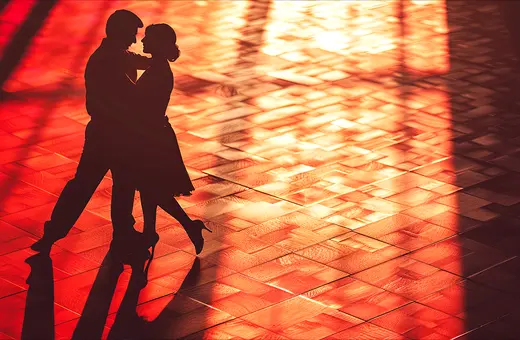
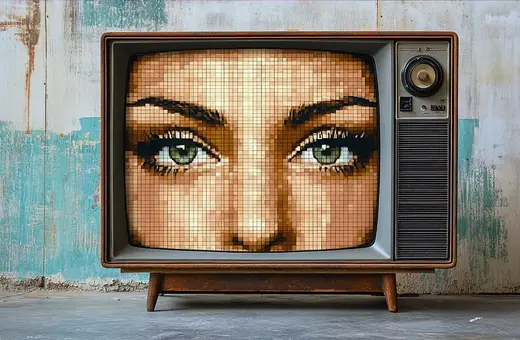
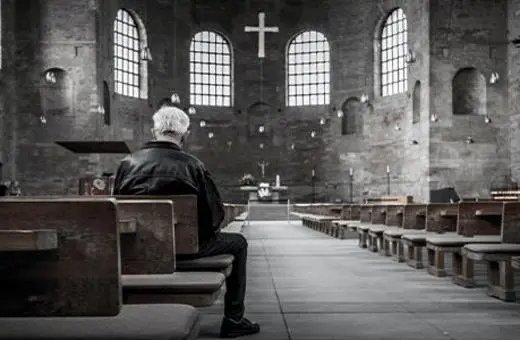
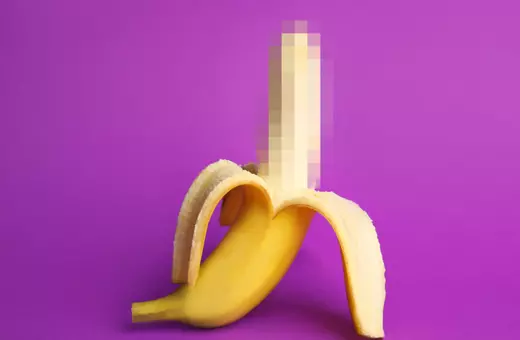



Join the conversation